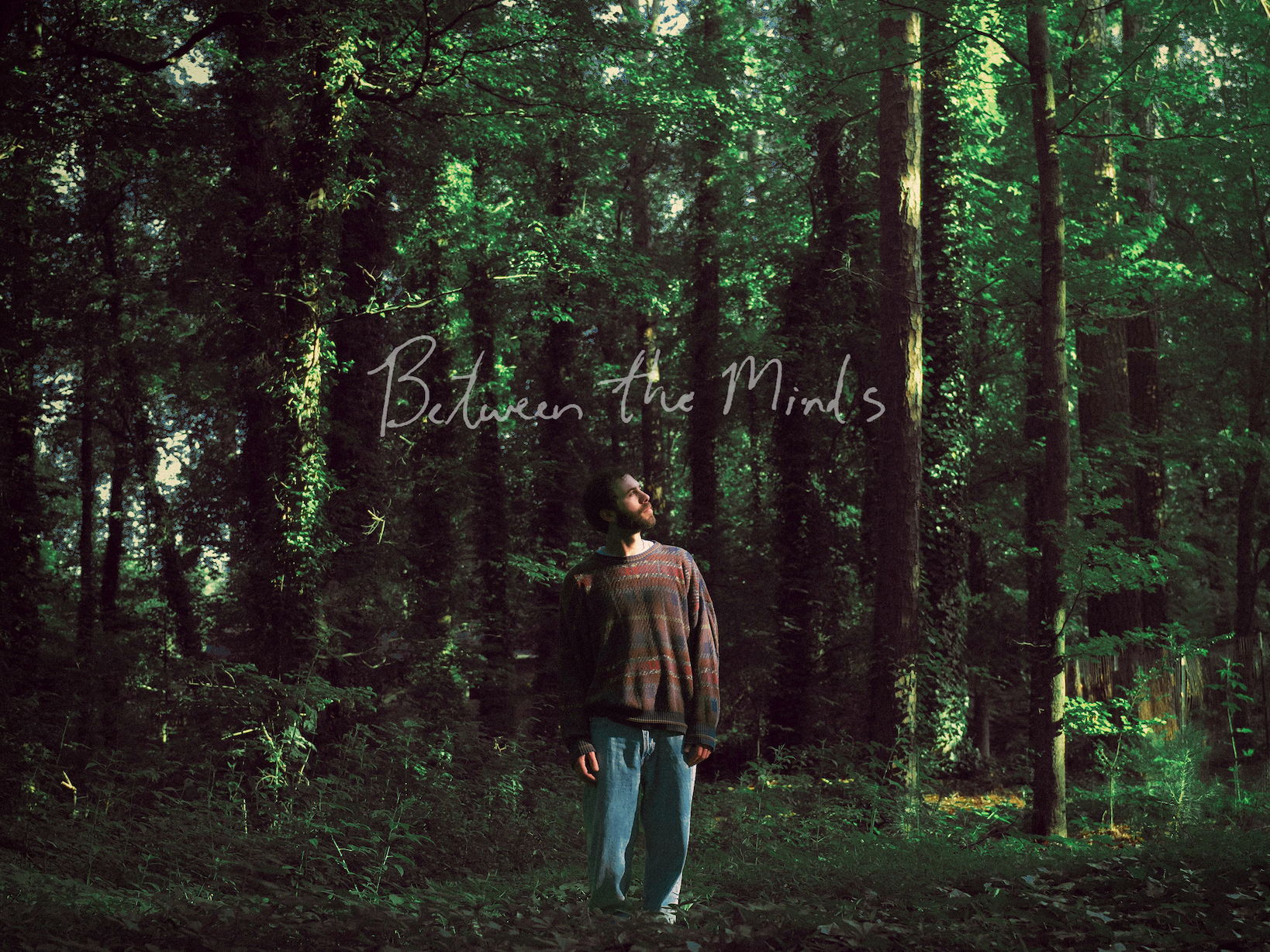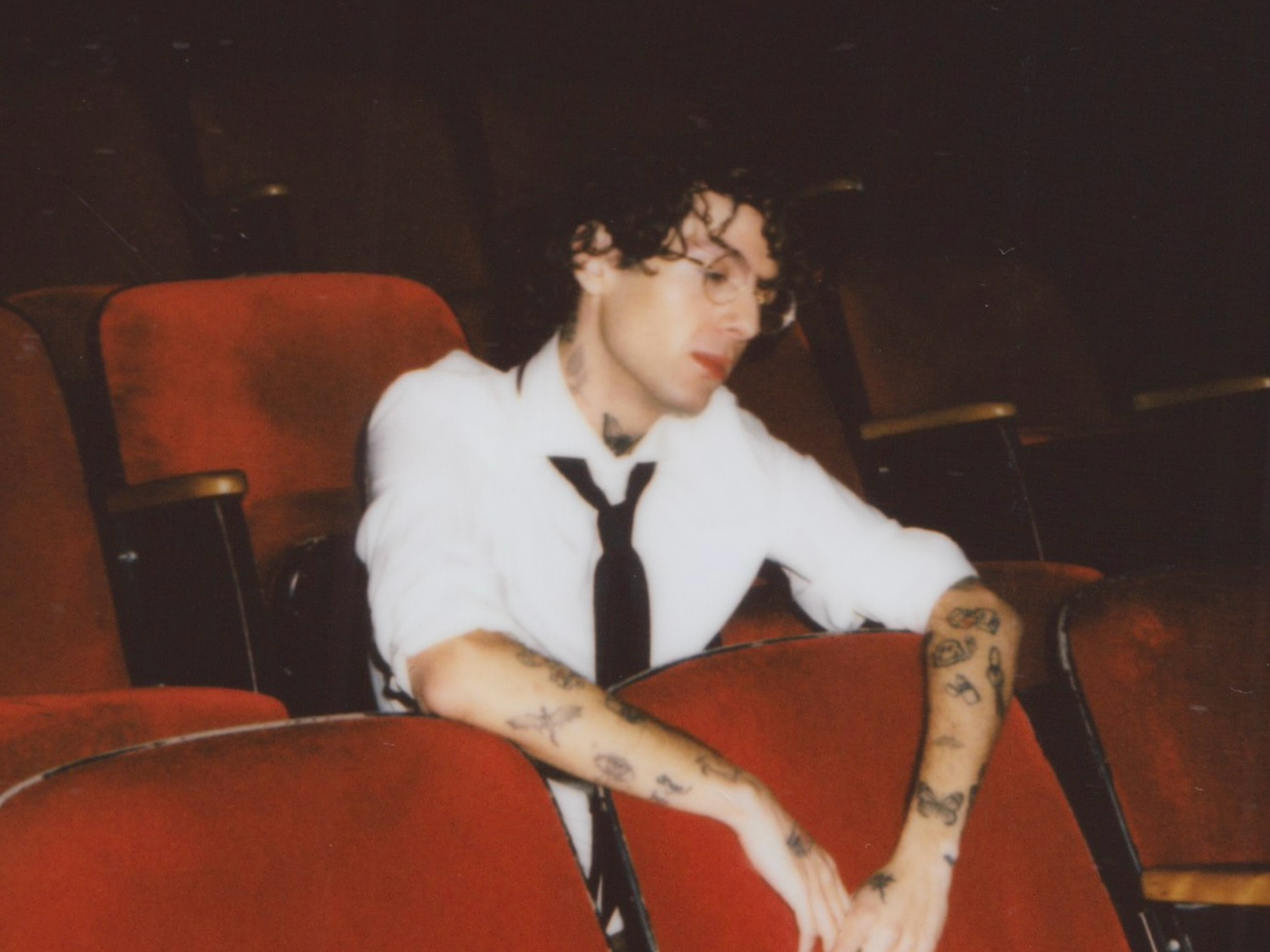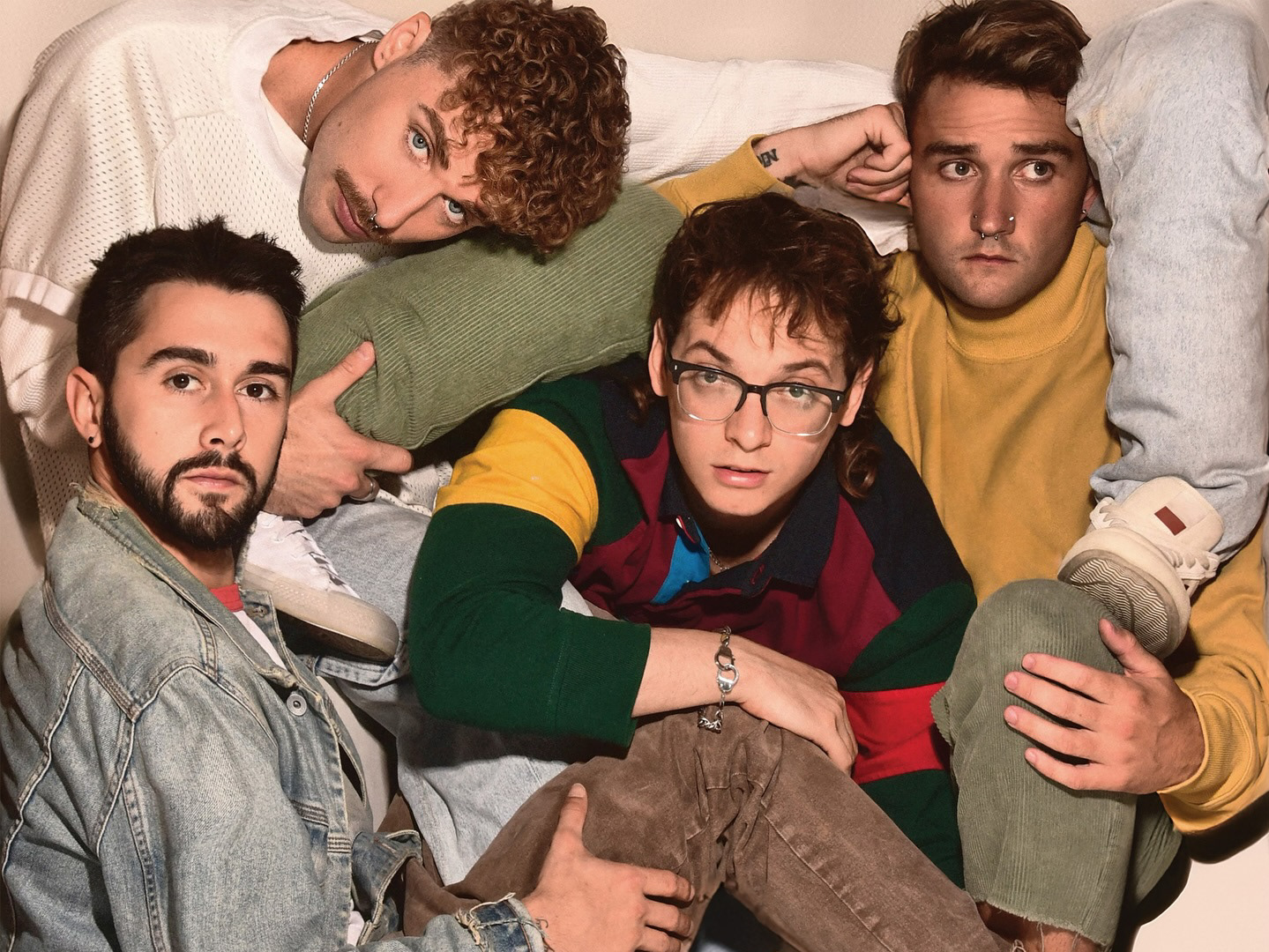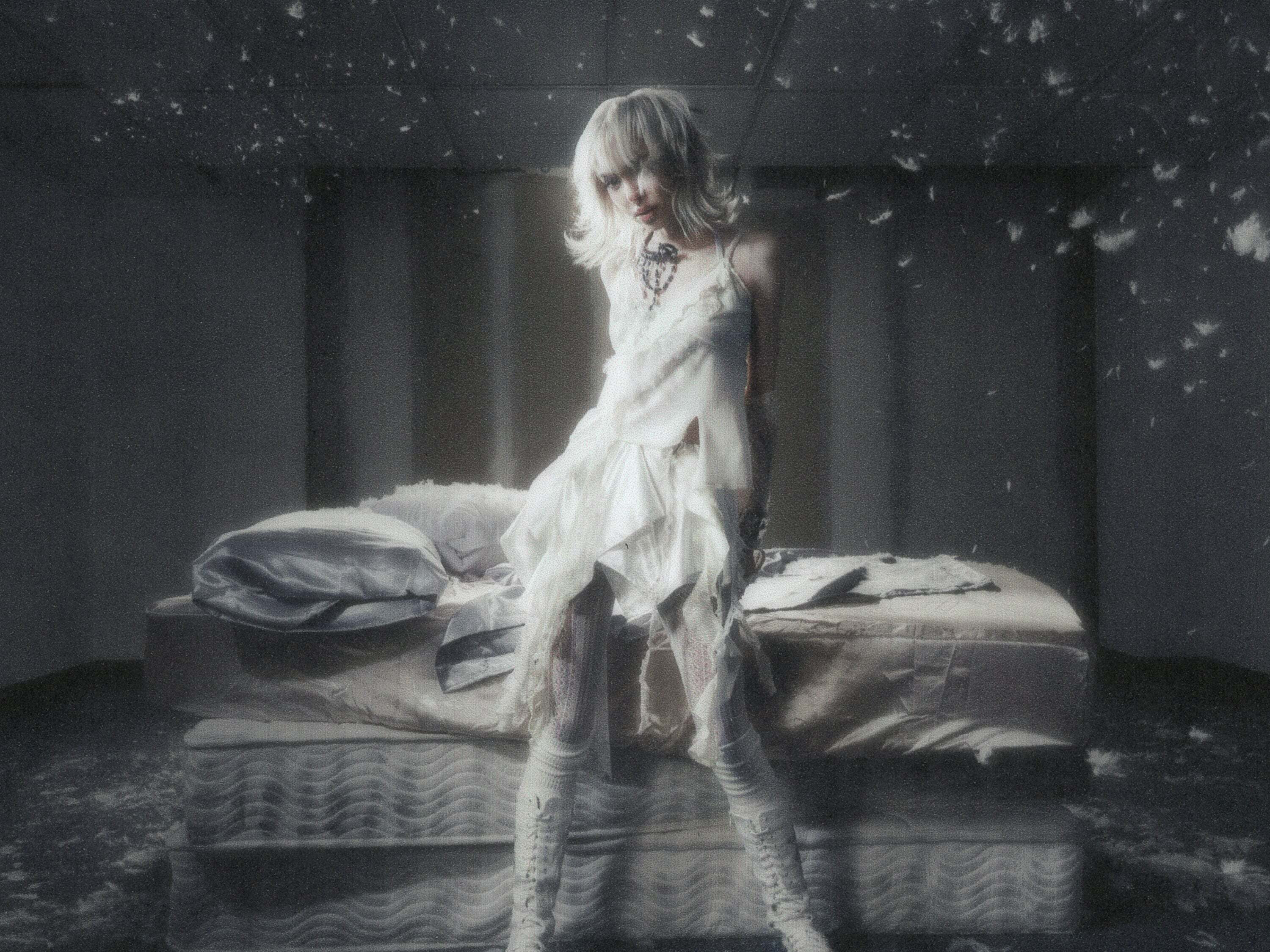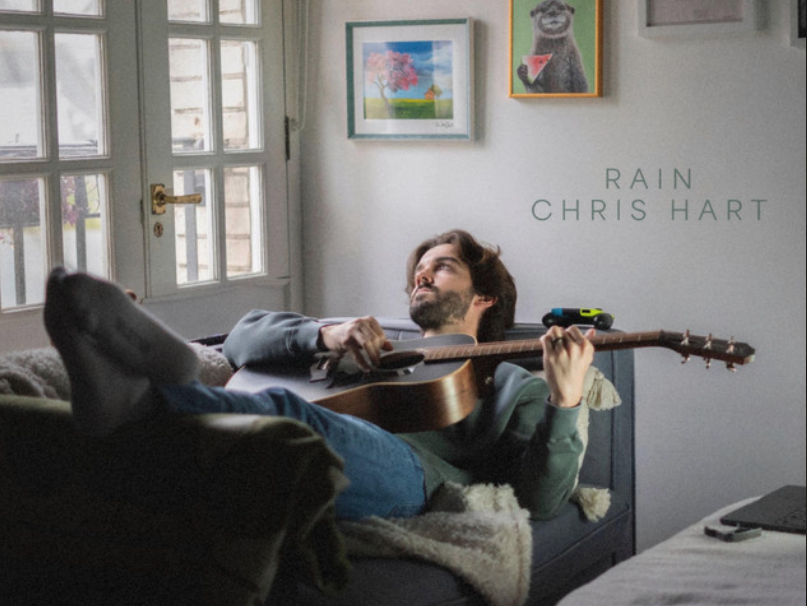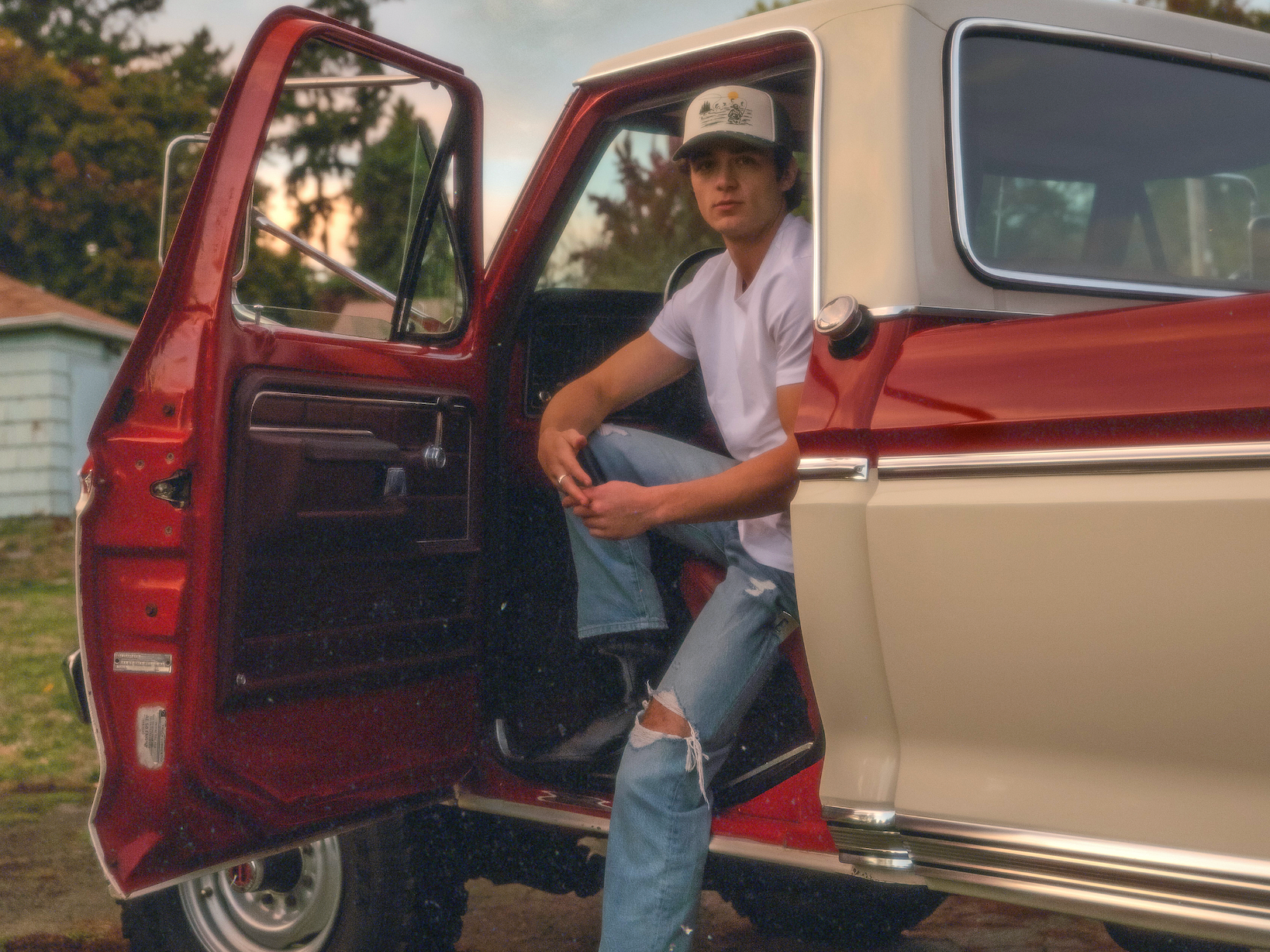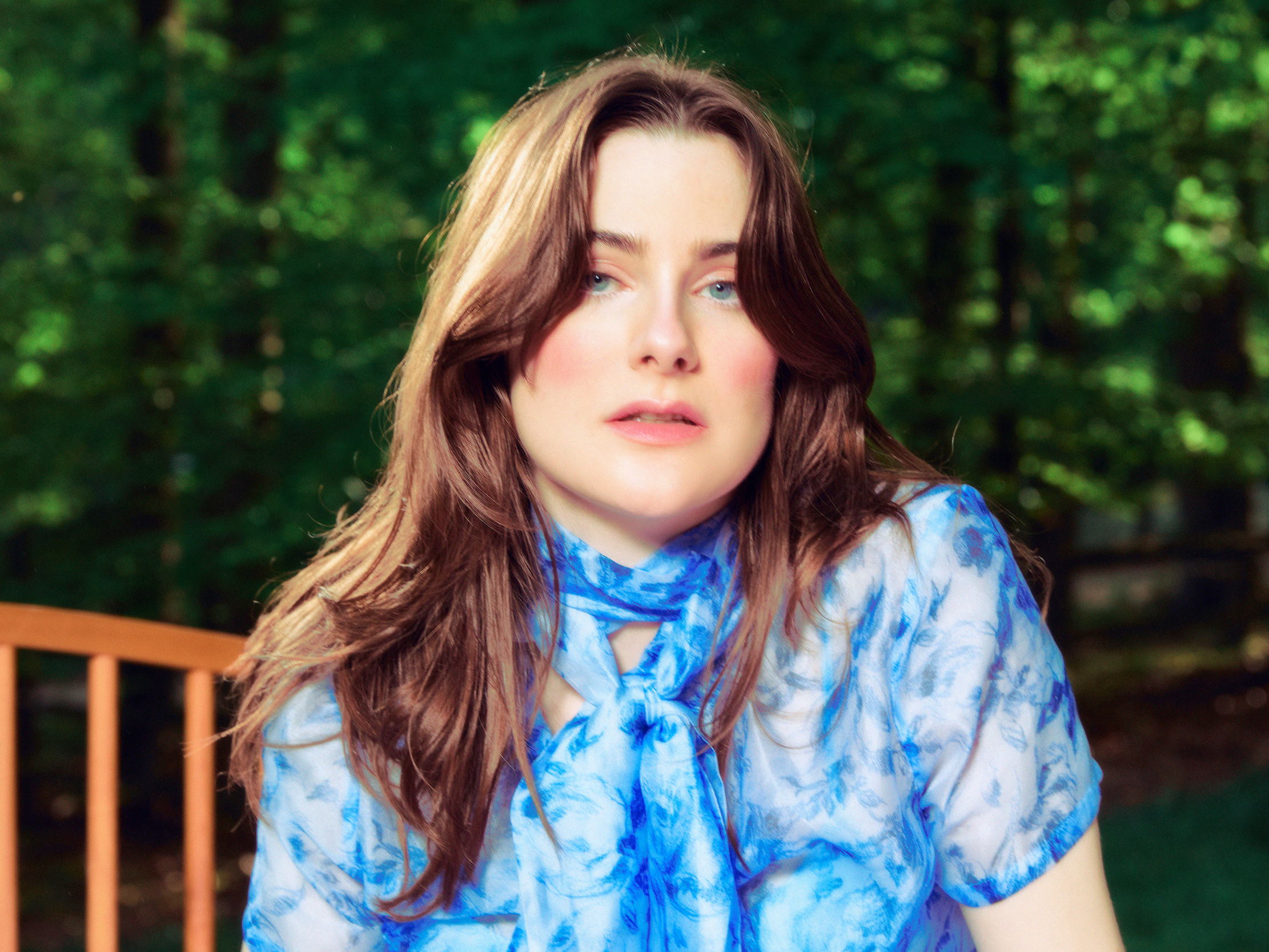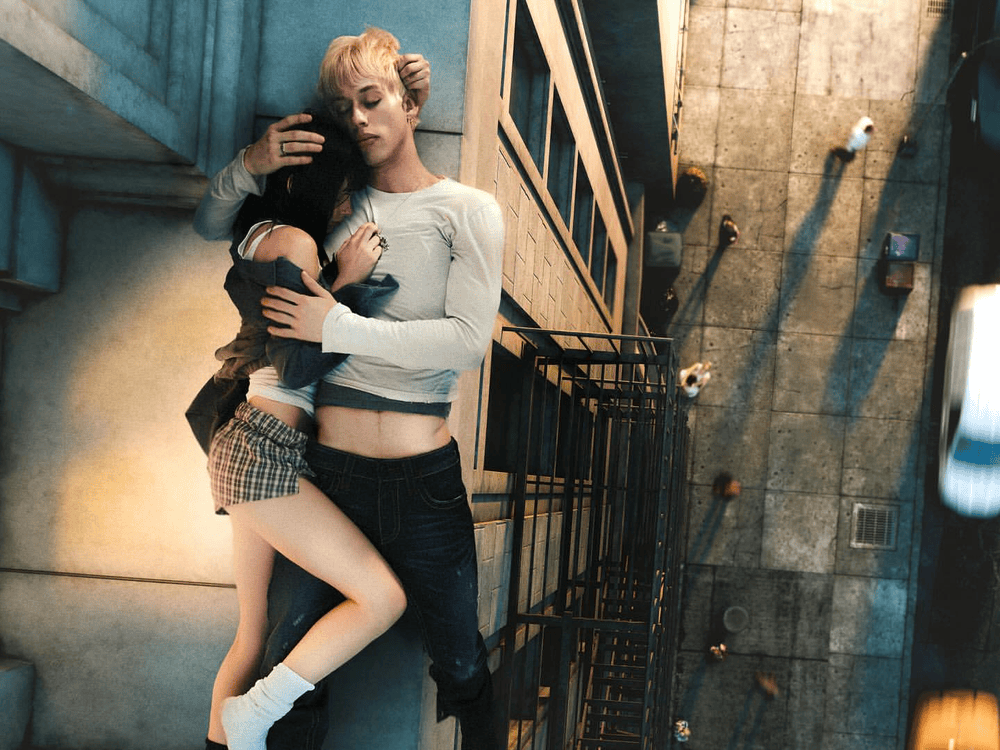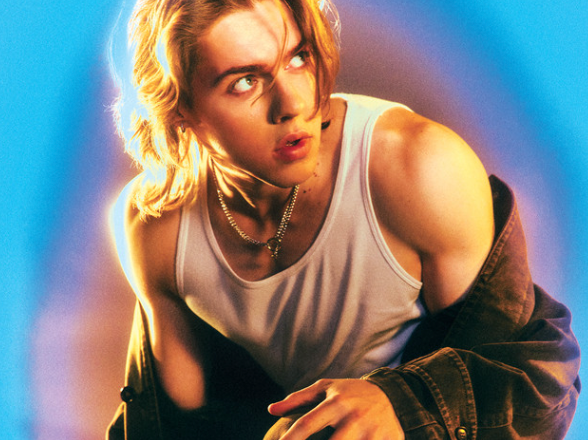JUNE 10
TESS BECKET; UNVEILING HER SOUND
BY LUNA CARDOSO
Tess Becket didn't grow up surrounded by music. There were no instruments in the house, no legacy of songwriters or singers to follow—just silence she filled with poetry, photography, and a quiet compulsion to process what she couldn't say out loud. "I would never really share my work; it was kind of like a secret," she admits. For years, songwriting remained sacred and unseen. Now, she's on her first self-booked tour, playing 11 shows up and down the East Coast, performing the once-private stories that transformed into songs.
That leap from hidden art to live performance didn't happen all at once. It began with a friend's encouragement—a song release, a moment of validation, and then another. Eventually came the decision: "Well, I should probably learn how to play live." This grassroots tour, with Becket and a small crew traveling in a van to intimate DIY spaces.
Beyond the stage, some of the most powerful transformations have occurred in production. "Usually, when I sit down, and I write, it's a very small, quiet thing, and then through producing, you can make a song a lot bigger," she explains. This expansion isn't just sonic; it's deeply emotional. Her track Drink, for instance, began as a hushed, minimal piece until she introduced a distorted drop in the chorus that cracked it wide open.
In contrast, releasing Toxic proved more difficult. "Writing it was super easy," she recalls, "but actually putting it out into the world and standing behind it as the person I am... that was probably the most difficult part." The song's subject matter hit too close to home, forcing her to show other feelings that were messy, intimate, and raw.
Photography by Lindsey Maverick
Years behind the scenes gave her a new perspective. She reflects "It has helped me so much in understanding things aren't that serious, you know? Nobody's dying. If the sound is bad, it's gonna be fine." That awareness turned live performance from a search for perfection to the embrace of real connection.
Still, Becket maintains a sharp awareness of what she chooses to reveal. Some songs never make it out of the notebook. Others, like a particular more explicit one she only plays at certain stops on the tour, exist in limbo. "The songs that are the hardest are usually the most relatable," she observes. It's a delicate balancing act—filtering truth without erasing it.
He upcoming music draws from heartbreak, queerness, and transformation. "Pretty much most of the work that I have that will be coming out is following the storyline of being in love with somebody that's bad for you," she elaborates. "And then leaving, maybe coming back a couple of times, but then really leaving. And then finding yourself after that."
There's an added layer of complexity in how she writes about queer love. "Queer love is a very different kind of love because there's always so much strife," she reflects. Becket grew up Catholic and closeted, assuming she'd be alone. Being in a relationship at all was a significant shift, even if it was unhealthy. This reflection serves as her music's emotional backbone.
Despite the pain and tension woven into her story, there's unmistakable joy when Becket talks about what's coming. She lights up describing the new songs, the open road, the venues—and the rush of stepping onstage, knowing every part of it exists because of her. She's no longer hiding. She's building something louder, one quiet song at a time.
